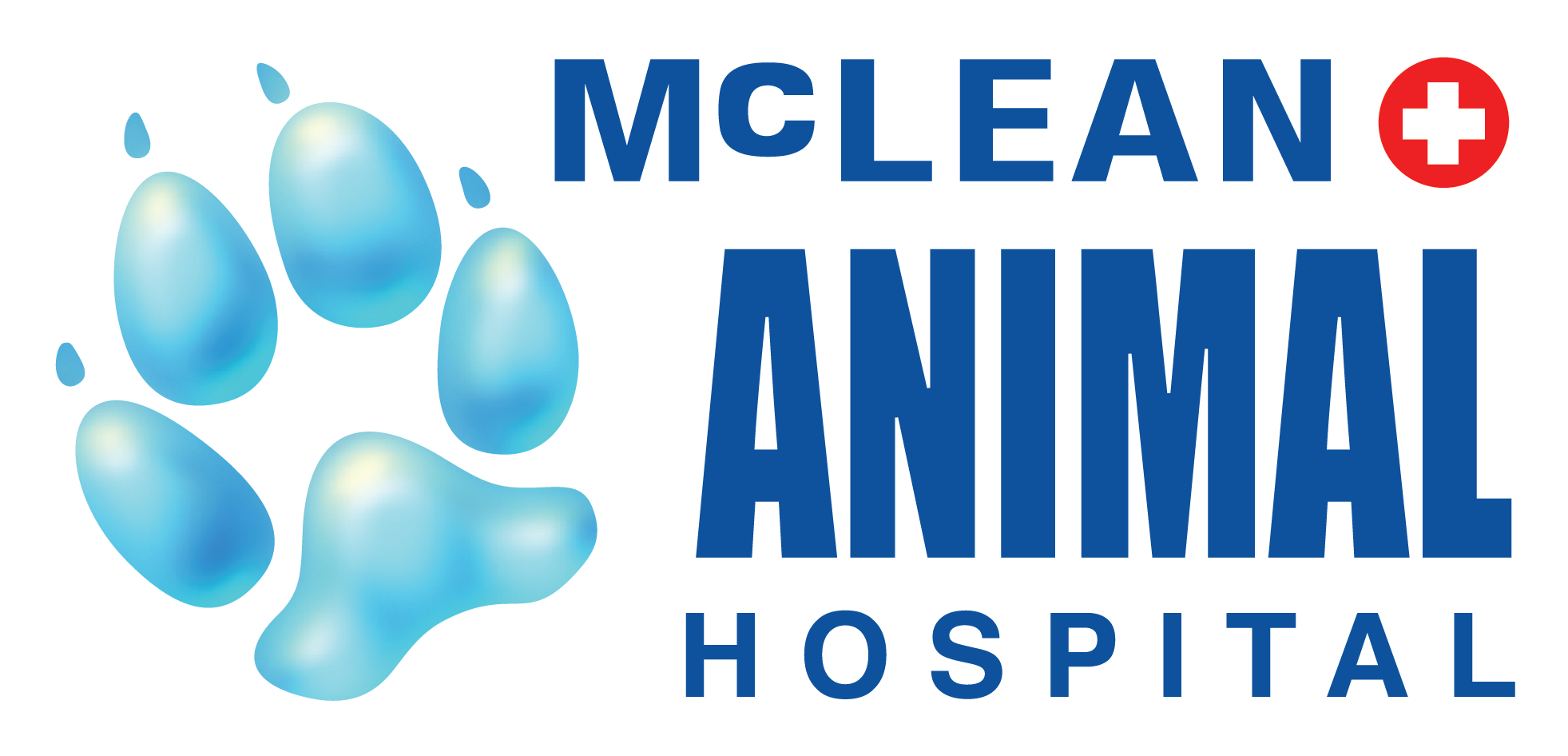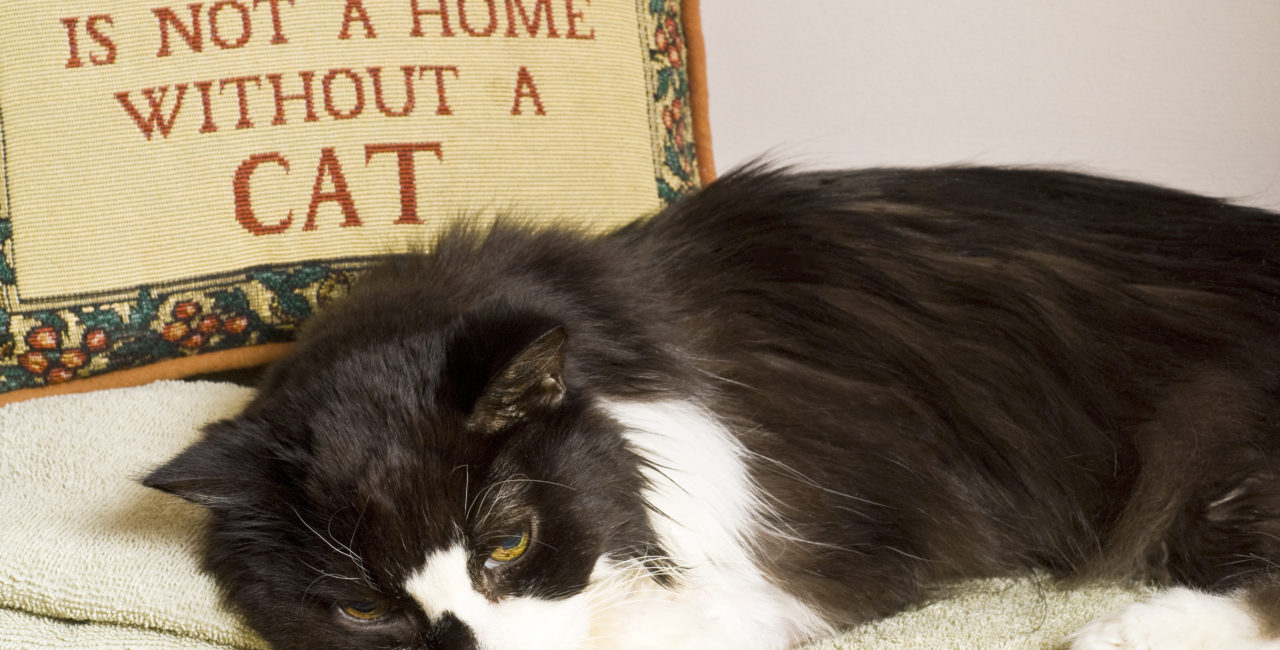Senior pets are the best! All of the time and hard work you have invested into training has paid off. You have built a mutually beneficial relationship and they are truly part of the family and best friends. As your pet ages, yearly or biyearly visits to your veterinarians at McLean become even more important to ensure you are detecting early signs of illness and taking measures to slow the progression of disease. Early detection of disease is often easier to treat, less traumatic for your pet, and lighter on your pocket book. Although aging is not a disease in itself, when your pet becomes a senior, there are a few things you should be watching out for.
Just as in humans, as our pets increase in age so does the risk of developing osteoarthritis or degenerative join disease. This may present in your senior pet by reluctance to jump up or down from the couch, hesitation when climbing the stairs, stiffness when standing up or lameness after a long walk. This condition is painful and will only progress further. With the support of your veterinarians at Mclean, we can help to identify this disease early and provide your pet with the relief they need to live a more comfortable and active life.
As your pet ages, they may start to loose their sight or hearing. They may start to bump into things, stumble down steps or not respond to your calls. This may cause anxiety in your senior, so recognizing that it is developing is important. The veterinarians at Mclean can give you helpful tips on how to ensure the safety of your senior pets that are becoming deaf or blind.
Is your senior pet waking you up in the middle of the night howling? Do you find them starring off into space? You might not be able to exactly put your finger on it but find there is just something different about your senior pet. The signs may be subtle in the beginning but your senior pet may be developing cognitive dysfunction syndrome (CDS). CDS is a progressive disease that only worsens with time. Although CDS is not curable, it’s progression can be slowed and some signs may even improve. Visit the veterinary team at McLean to find out which supplements you can start your senior pet on to improve their overall mental health.
It’s a word no one wants to hear yet we find it all around us: cancer. We all know someone who has battled this terrible disease and unfortunately our pets are no different. Cancer can present in your senior pet as a lump, change is behaviour, difficulty breathing, vomiting, diarrhea, lameness, blood in the urine as well as many other clinical signs. Whether in people or our senior pets, regular physical exams, blood work and urinalysis are important to catch the early signs of cancer. When detected early and treated aggressively, some cancers in our pets can be cured. If you have any questions or concerns, bring your senior pet into McLean Animal Hospital and let us help improve your senior pets quality of life.
Written by: Dr. Monica Marshman




